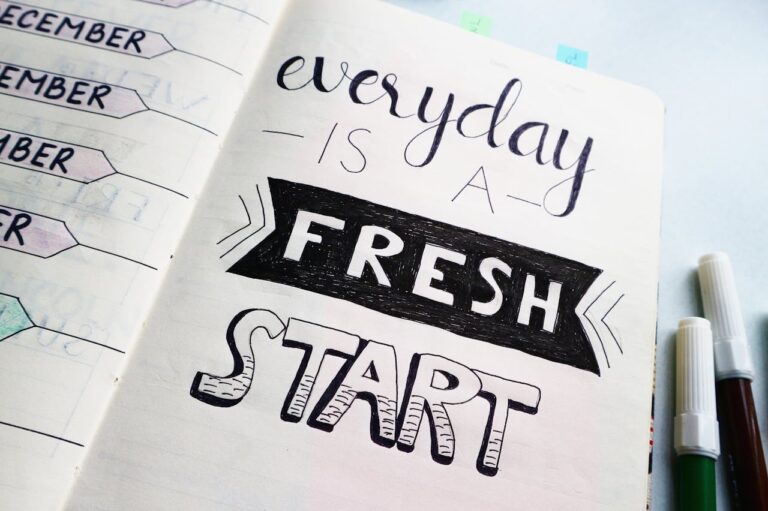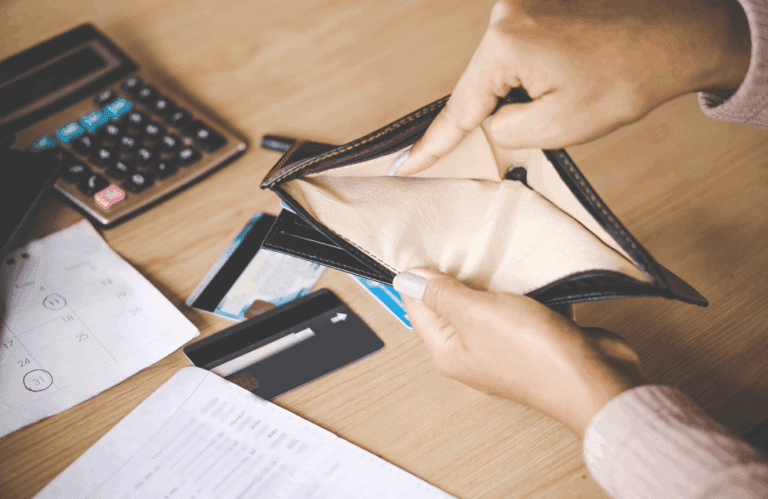Did you know? Around 75% of adults with ADHD report chronic sleep challenges. Whether it’s trouble falling asleep, staying asleep, or waking up feeling groggy, these issues can feel overwhelming. But why does ADHD affect sleep, and more importantly, how can you improve your rest?
I’ve witnessed how even minor sleep struggles can deeply affect people’s lives, from feeling disconnected socially to battling constant exhaustion. The physical and emotional toll can be overwhelming. But I’ve also seen how small, practical changes can make a big difference. Let’s unpack the science behind the connection and explore actionable tips for better rest.
The ADHD and Sleep Connection
ADHD impacts the brain’s executive functions, including the regulation of sleep-wake cycles. This means that not only does ADHD lead to sleep issues, the reverse is also true. Major sleep issues can also lead to ADHD in some cases. This disruption can lead to:
- Difficulty Winding Down
Many people with ADHD struggle to turn off their thoughts at the end of the day. Racing thoughts, bursts of creativity, or hyperfocus often make falling asleep a challenge.
- Inconsistent Sleep-Wake Patterns
ADHD can interfere with maintaining a regular sleep schedule. A late bedtime one night might turn into a domino effect of irregular sleep cycles, making mornings particularly tough.
- Increased Sensitivity to Stimuli
For those with ADHD, even minor disturbances—like a ticking clock or a distant car alarm—can disrupt sleep.
- Coexisting Conditions
Many individuals with ADHD also experience conditions like anxiety or restless leg syndrome, which further complicate sleep.
These challenges aren’t insurmountable, though. By understanding the root causes, you can develop strategies to improve rest and wake up refreshed.
8 Tips for Better Rest with ADHD
Here are practical, evidence-based tips that I often share with individuals managing ADHD.
1. Establish a Consistent Sleep Routine
Consistency is key to resetting your internal clock. Set a fixed bedtime and wake-up time—even on weekends.
One family I worked with found success by setting gentle alarms 30 minutes before bedtime to signal it was time to start their wind-down routine. This small step created a sense of predictability that their child with ADHD found calming.
Oh, and one very important notion that I must clarify here; sleeping for a specific number of hours isn’t enough. Yes, 7 hours is 7 hours, but you should also maintain the routine for this. There’s a world of difference in the sleep pattern of 12 am to 7 am and 2 am to 9 am.
2. Create a Calming Pre-Sleep Ritual
ADHD brains often need a clear signal that it’s time to shift from activity to rest. A pre-sleep ritual can help. This might include:
- Taking a warm shower or bath.
- Reading a calming book.
- Practicing deep breathing or mindfulness exercises.
I’ve seen people benefit from writing a quick “brain dump” before bed—a list of tasks or worries to clear their minds.
3. Limit Screen Time Before Bed
Screens emit blue light, which suppresses melatonin, a hormone that signals your body it’s time to sleep. While blue light filters in most devices nowadays help, they aren’t really a substitute for simply limiting screen time altogether.
A client of mine struggled to put down their phone at night, so I recommended they switch to night mode and set a phone-free hour before bedtime. They noticed improvements within a week.
4. Optimize Your Sleep Environment
Your bedroom should be a sleep-friendly sanctuary. Consider these adjustments:
- Use blackout curtains or an eye mask to block light.
- Maintain a cool, comfortable room temperature.
- Minimize noise with earplugs or a white noise machine.
I worked with a teenager who couldn’t sleep due to street noise. A simple white noise machine really did make a huge difference in her nights, helping her fall asleep faster.
5. Watch What You Eat and Drink
Caffeine and heavy meals close to bedtime can disrupt your sleep cycle. Aim to avoid caffeine in the late afternoon and eat dinner at least 2-3 hours before bed.
One adult with ADHD I advised swapped their evening coffee for herbal tea. The difference in their ability to relax at night was remarkable.
6. Use Sleep-Friendly Supplements (With Professional Guidance)
Some individuals benefit from natural supplements like melatonin or magnesium to support sleep. However, always consult a healthcare professional before starting any new supplement, especially if you’re on ADHD medication.
7. Engage in Regular Physical Activity
Exercise not only improves focus but also helps regulate sleep. Aim for at least 30 minutes of moderate activity most days, but avoid intense workouts too close to bedtime. Something as simple as a brisk walk in the early evening can make a lot of difference, making it easier for you to wind down later.
8. Seek Professional Support
If sleep issues persist, consider consulting a sleep specialist. They can help identify underlying problems, such as sleep apnea, that may exacerbate ADHD symptoms.
Final Thoughts
Sleep plays a vital role in managing ADHD symptoms, but it’s often overlooked. By making intentional changes—like setting a routine, creating a calming environment, and seeking professional advice when necessary—you can dramatically improve your rest.
Better sleep is ultimately more than just about feeling less tired. The end-goal here is to improve focus, mood, and overall well-being.
You should start small, stay consistent, and you’ll start noticing pleasant changes.






